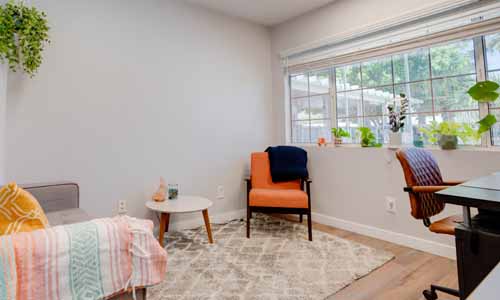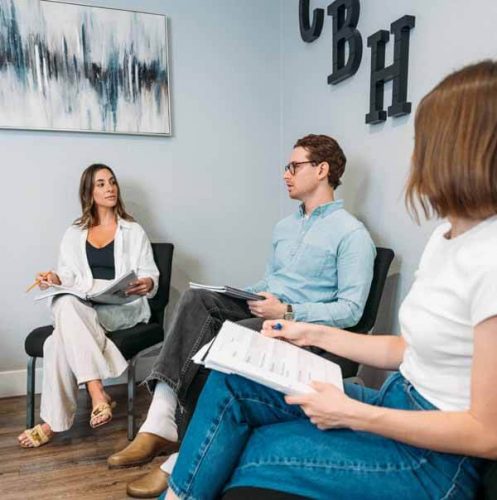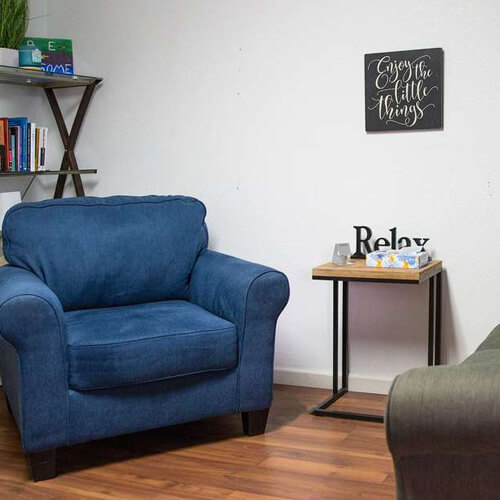California Behavioral Health
An addiction is lonely, scary, and difficult. A recovery partner can help you take back control of your life and find the path to sobriety. Call or message us now to start your recovery journey today.
37066 Bankside Drive, Cathedral City, CA 92234
Admissions Inquiry Form
Fill out our online form to find out about our treatment programs, check your insurance or to request a callback.
"*" indicates required fields






